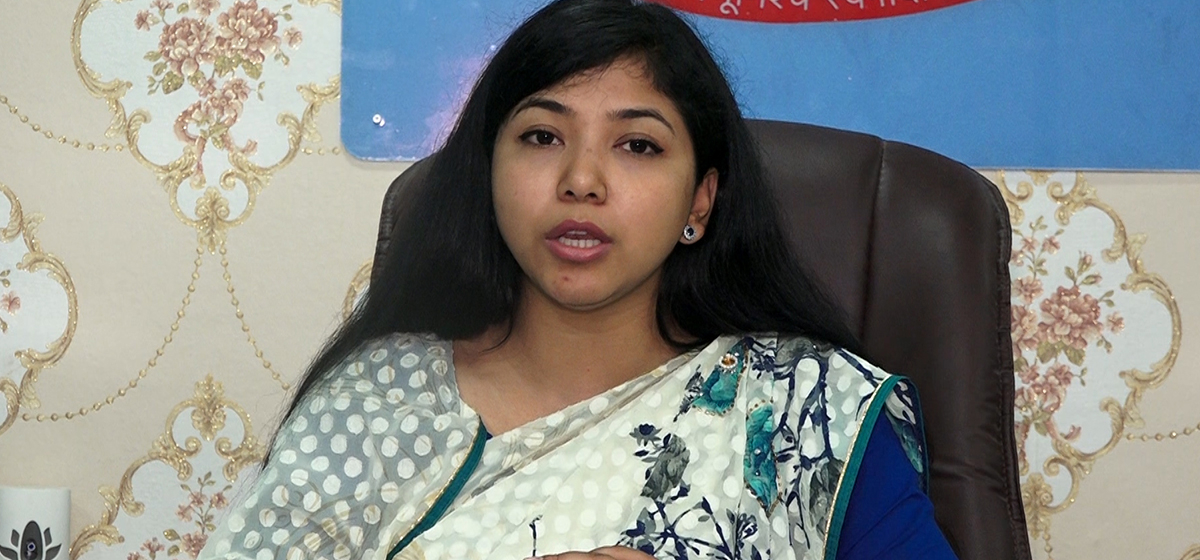KATHMANDU, May 16: Kathmandu Metropolitan City (KMC)'s Deputy Mayor Sunita Dangol directed officials to integrate local production with marketing and distribution systems.
She instructed the Social Development Department to test the quality of sanitary pads produced by city-trained entrepreneurs in laboratories before distributing them.
Deputy Mayor Dangol also ordered the department to coordinate with the Education Department to distribute these quality-approved pads to students in community schools, following existing procurement laws. She stressed that such actions will effectively promote local entrepreneurs and their products.
Marketing is heart of any business

Citing the guidelines for sanitary pad distribution and management, she said, "Local resources, knowledge, skills, and entrepreneurship can support the production, use, and distribution of sanitary pads at the local level."
KMC distributed sanitary pads to 19,946 students in the fiscal year 2023/24. The KMC sent funds to 86 schools for pad purchases based on requests received through the Integrated Educational Management Information System and schools.
The Social Development Department stated that, under Rule 20(6) of the Sanitary Pad Distribution and Management Directive, 2076 BS, local governments can decide to send funds directly to schools. They disbursed a total of Rs 14.36 million to the schools using this provision.
KMC must ensure the distribution of clean, quality, and environmentally friendly disposable pads. The Ministry of Education, Science, and Technology has issued the "Sanitary Pad Distribution and Management Directive" to implement this education sector program. Under the directive, the deputy mayor will coordinate a committee that includes one executive member and two members selected from among the head teachers.
Since 2076 BS (2019), KMC has been distributing pads in community schools. Govinda Prasad Sharma, head of the Education Department, says schools must submit names and details related to pad distribution.
While some schools have already submitted this information, others still need to do so. School contact persons distribute up to 16 pads per student per menstrual cycle. The city believes this program has eased difficulties for adolescent girls in this age group.





































